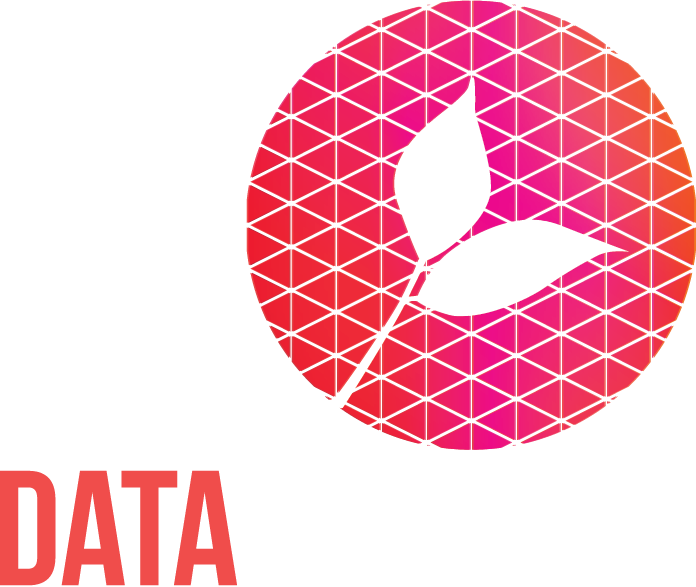The importance of data to equality, diversity and inclusion
In celebration of Black History Month, we recently spotlighted seven Black icons in data. They’re all outstanding data professionals and inspirational role models. And the most striking theme in the community work of our icons, is their commitment to promoting education and supporting leadership in future generations.
One of our icons, W.E.B Du Bois, the father of data visualisation, is a constant source of inspiration for the power of data in highlighting all the work that still needs to be done to achieve equality, diversity and inclusion. His work exploring and visualising the experiences of Black people in America in the late 1800s and early 1900s was truly groundbreaking.
Earlier this month, I attended a fascinating webinar ‘Exploring ethnicity through National Datasets’). It showed the history of ethnicity data, how our understanding and definitions have changed over time and how, in local communities, ethnic diversity is increasing and residential segregation decreasing. Rich large-scale longitudinal data and data-linking is revealing systemic bias and institutional racism in areas like criminal justice and health. And, positively, there’s strong evidence of the power of education for positive life outcomes and social mobility.
But, as we know, data isn’t infallible. Biased data used in AI has exposed many serious and well-documented examples of deep-rooted systemic racism. Just look at the A-level Algorithm Scandal (2020), Predictive Policing and Racial Profiling – Automated Racism (2025), and the Windrush Lessons Learned Review (2020) highlighted a series of data-related failures. Perhaps the only positives of these, and the activism from within our own sector, are the promotion and practice of responsible data and AI use and ethics.
Du Bois’ work is also a reminder that, even with all the data and evidence of injustice, if people in power don’t care and aren’t willing to act, then influencing change is a long, slow, and hard journey. He eventually concluded, in the face of virulent racism, that social change could only be accomplished through agitation and protest. Until Black and minoritised people have equal power and representation in leadership and decision-making positions, the fight must go on.
At Data Orchard we’ve supported many of our clients with Equality, Diversity and Inclusion (EDI) data. Our blogs on emh Group’s data-driven EDI work illustrate how a combination of better data and strong leadership can lead to improvements in services, skills and culture.
We’ll be reflecting more on the value of EDI data, the challenges and ethics surrounding it, and its importance in measuring progress and change (or the lack of it). We’re developing an intersectional EDI data project and exploring partners and funders that would like to be part of it.
If you want to hear more about it, as well as other Data4Good news and events, make sure you’re signed up to our newsletter.
And, if an intersectional EDI data project sounds like something you might be interesting in partnering on or funding, we’d love to talk to you – do get in touch.

